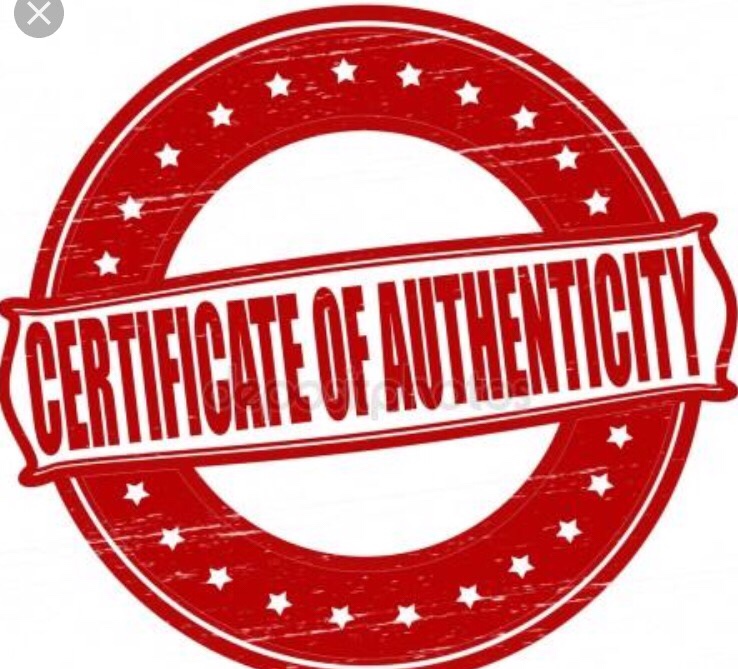What does it mean for counselors, therapists, and peer supporters to be “authentic” within formalized systems of mental health care? Authenticity is typically understood as being true to one’s own beliefs and presenting oneself without pretense. But how can this ideal be maintained in a system rife with its own values, regulations, and prescribed treatments?
Patients, or “consumers” of these services, may often wonder if they can ever experience unbiased or non-judgmental care within a system that fundamentally categorizes, diagnoses, and assesses them according to specific manuals. In this context, I argue that what we term ‘authenticity’ in therapeutic relationships is actually a negotiated version of the concept, substantially influenced by systemic imperatives and financial considerations, like insurance reimbursement and operational funding.
Decoding ‘Authenticity’ in Clinical Settings
In state-regulated mental health clinics, like New York State’s Article 31 clinics, regulations dictate how treatment is administered. Authentic relationships, by definition, shouldn’t have “rules,” yet clinical protocols impose them. Treatment is often shaped by funding considerations, industry trends, and regulatory compliance rather than by organic, patient-centered dialogue.
From the moment you enter a clinic, an assessment begins to evaluate your risk and to diagnose you. This diagnosis isn’t merely for understanding your needs; it’s also for insurance billing. Whether you’re diagnosed with acute anxiety or chronic schizophrenia, this label is used to determine your ‘value’ within the system. It directly impacts how much insurance will cover and sets the benchmarks for your “progress” or readiness for discharge. So, where is the room for authentic relationships in this setup?
Authenticity in this context might survive only in the negotiated interactions between the consumer and the healthcare provider. This interaction is influenced by multiple factors: the perceived needs of the consumer, cost implications, caseload pressures, and risk assessments, among others.
Peer Support and Authenticity in a Structured System
The role of peer supporters within this structured environment is also complex. Though they’re integrated into the care system to give voice to the consumer, their input is often marginalized, especially when legal matters arise. Unlike lawyers or psychiatrists, peers lack the legal clout to influence treatment direction substantially. Their ‘value’ in this system is less tangible, and more related to emotional support than legal or medical advice. Therefore, the notion that peers can bring about significant systemic change may be more illusion than reality.
The system commodifies both therapists and peers, assigning them roles and values that may be at odds with the authentic care and support they aim to provide. This affects how consumers engage with the system. The extent to which they can expect ‘authentic’ interactions is limited by systemic constraints, including financial considerations that may prioritize insurance reimbursement over equitable treatment.
The Road Ahead
While I’m not advocating for a disregard of clinical guidelines or an abandonment of peer support, I am urging us to scrutinize the elements within our mental health systems that may dilute the essence of authenticity. Let’s challenge the frameworks and financial incentives that dictate care to evolve towards a system that better balances authenticity with the practical constraints of modern healthcare. Only then can we hope to offer treatments that are as empathetic and equitable as they are effective.
Max E. Guttman is the owner of Mindful Living LCSW, PLLC, a private mental health practice in Yonkers, New York.
- Max E. Guttmanhttps://mentalhealthaffairs.blog/author/max-e-guttman/
- Max E. Guttmanhttps://mentalhealthaffairs.blog/author/max-e-guttman/
- Max E. Guttmanhttps://mentalhealthaffairs.blog/author/max-e-guttman/
- Max E. Guttmanhttps://mentalhealthaffairs.blog/author/max-e-guttman/








2 thoughts on “Navigating Authenticity in Structured Mental Health Systems”
Pingback: NAMI doesn’t Speak for US – Recovery Now
Pingback: The Mental Health movement was a civil rights movement, but what happened? | Psychreg